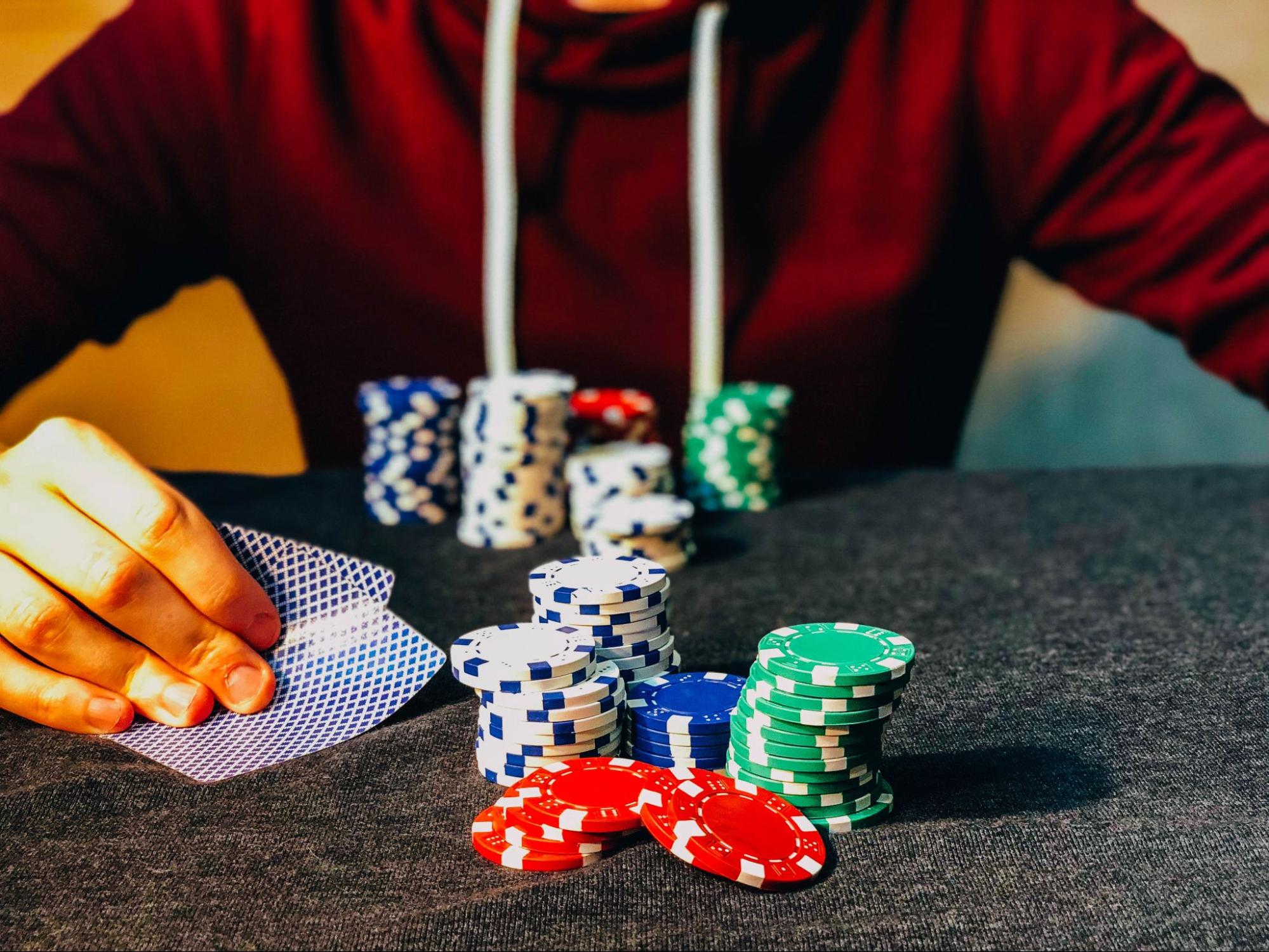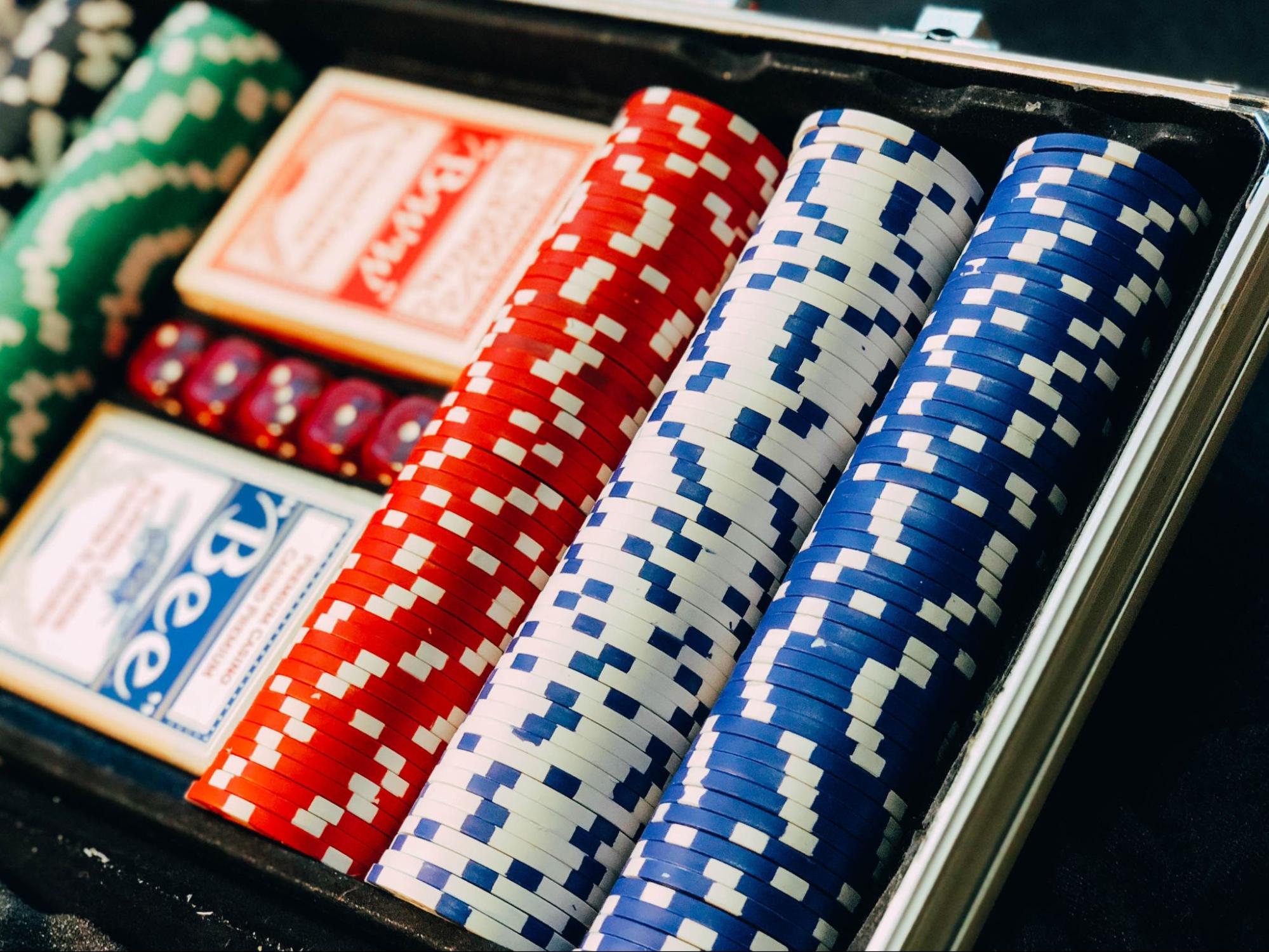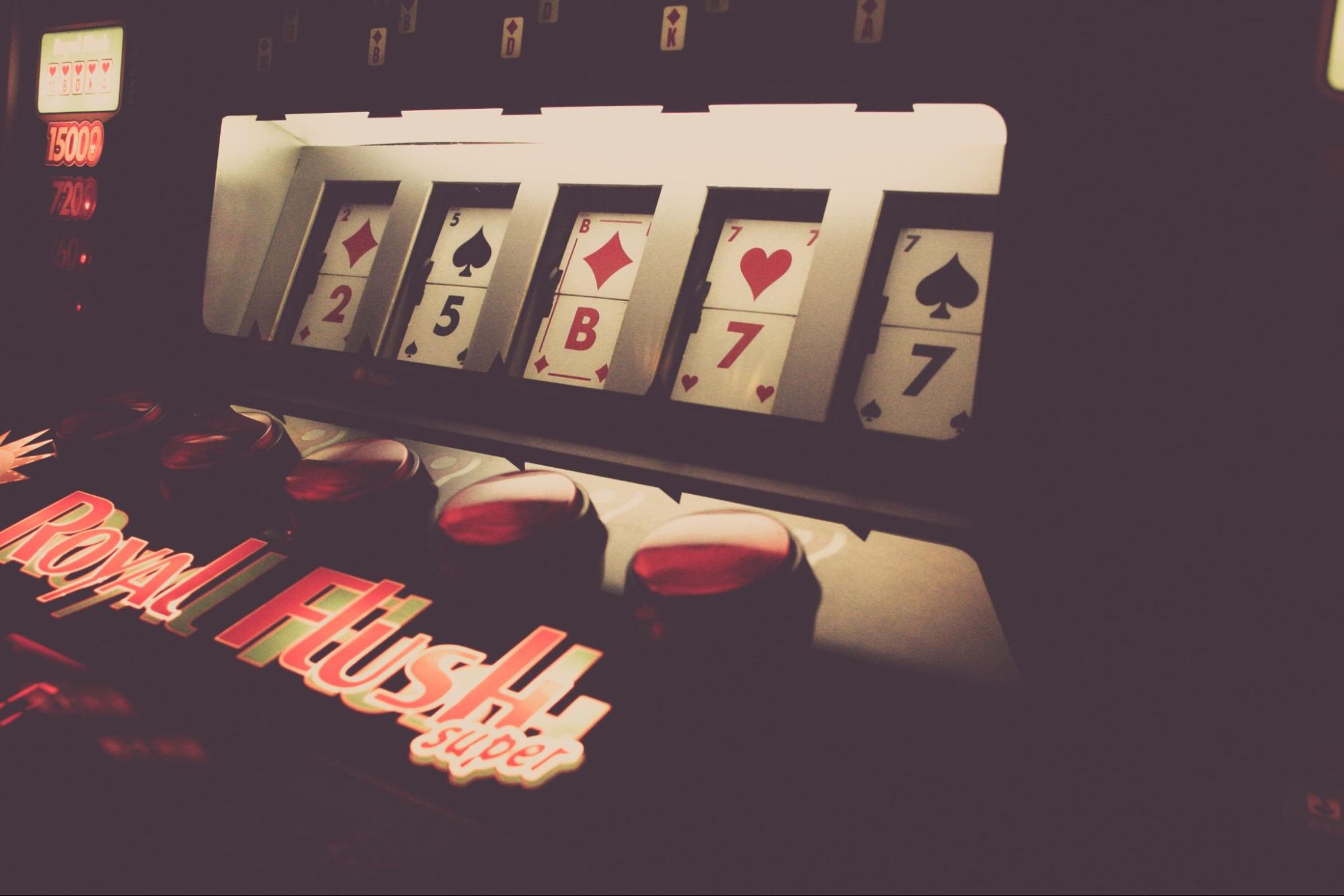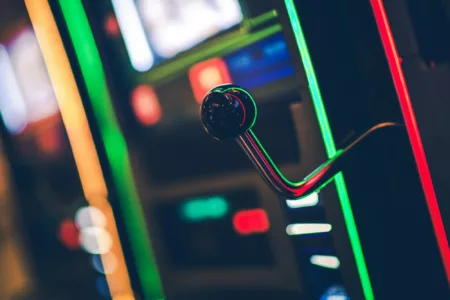Greetings, fellow gambling enthusiasts and data-driven strategists! Welcome to a riveting exploration into the realm of casino odds, where we unravel the intricate tapestry of probabilities, statistics, and gaming strategies that can tip the scales in your favor. As aficionados of both the exhilarating casino experience and the latest technological advancements, we find ourselves at the crossroads of classic gambling allure and cutting-edge analytical prowess.
In this article, Blazzio team embark on a journey to demystify the enigmatic world of casino odds, equipping you with the knowledge and tools to make informed decisions when facing the glittering array of games that casinos offer. Whether you’re a seasoned blackjack tactician, a roulette aficionado, or a poker savant, understanding the odds can be your most potent ally in navigating the intricacies of chance and skill.
Introduction
Importance of understanding casino odds
At the heart of every wager, every roll of the dice, and every spin of the slot machine is a deeply embedded mathematical principle. It’s easy to write off gambling as a game of luck, but for those in the know, the odds can be an essential guide. Understanding these odds doesn’t just enhance your appreciation of the game; it can also optimize your decision-making, inform your strategies, and maximize your potential returns. More than just numbers, they represent the bridge between unpredictability and informed choices.
Overview of the article’s purpose and structure
Through the course of this article, we’ll first introduce the uninitiated to the very basics of casino odds. As we delve deeper, you’ll get a comprehensive breakdown of what these odds mean, their various representations, and the ever-persistent house edge that casinos have ingeniously crafted for their benefit. By the end of this guide, the aim is not just to educate, but to empower readers with actionable insights, turning novice gamblers into informed strategists.
The Basics of Casino Odds
Casino odds are essentially the probabilities that govern the outcomes of various games played in a casino, determining both the risk for the player and the potential reward.
- Probability vs. Odds
- Probability measures how likely an event is to occur, given as a fraction between 0 (impossible) to 1 (certain). A coin flip has a probability of 0.5 for heads.
- Odds Present the ratio of the event happening to it not happening. The odds for the same coin flip are 1:1.
- House Edge
- This refers to the built-in advantage the casino has in each game. For example, in American roulette, the house edge is 5.26%, ensuring the casino makes a profit over time.
- Payout Odds vs. True Odds
- Payout Odds are what the casino offers for a winning bet, e.g., winning on a single roulette number pays 35:1.
- True Odds are the actual odds of an event happening without any house edge. For a single number in roulette, true odds are 37:1.
Understanding casino odds is fundamental for players to gauge their potential risks and rewards when placing bets.
What are Casino Odds?
Definition and explanation
Casino odds, in essence, are numerical representations that indicate the probability of a particular outcome. They dictate the potential payout of a bet compared to the stake. In simpler terms, they answer two fundamental questions: How likely is it that a particular event will happen? And how much can I potentially win if it does?
Different types of odds (fractional, decimal, moneyline)
- Fractional Odds: Often used in the UK and Ireland, these represent winnings as a fraction of the stake. For instance, if the odds are 5/1, for every $1 you bet, you’ll win $5.
- Decimal Odds: Popular in Europe, Canada, and Australia, these odds show the total return from a bet, including the stake. An odd of 6.00 means that for every $1 staked, the total return is $6.
- Moneyline Odds: Commonly seen in the US, these can be positive or negative. A positive value (e.g., +500) indicates the profit on a $100 bet, while a negative value (e.g., -150) represents the amount needed to bet to make a profit of $100.
The House Edge
Understanding the concept of the house edge
The house edge, often misunderstood yet crucial, is the average percentage profit that the casino expects to make from a game over the long run. Think of it as a built-in advantage that ensures casinos always come out on top over an extended period. It’s not a trick or deceit; it’s a mathematical certainty crafted into the game design.
How casinos use the house edge to ensure profitability
Casinos are businesses, and like any business, their goal is profitability. The house edge is their tool to ensure consistent profits. While players might enjoy short-term wins, the house edge ensures that, on average, the casino will always retain a small percentage of every bet made. For instance, with a 2% house edge, the casino will, on average, profit 2 cents for every dollar wagered.
This doesn’t mean that every play results in a loss for the player, but over millions of games and bets, this small percentage accumulates, ensuring that casinos stay lucrative and continue to provide entertainment, glamorous venues, and jackpot prizes for everyone.
Probability and Odds Conversion
In the intricate dance of numbers that governs our world, probability and odds stand as the twin pillars guiding decisions from the roll of dice to the most complex statistical analysis. Both provide insight into the likelihood of events occurring, yet they do so from slightly different perspectives. The subtle differences between these two concepts can often lead to confusion, but understanding and converting between them is crucial for anyone venturing into fields like gambling, sports forecasting, or even stock market predictions. In this piece, we will demystify the relationship between probability and odds, providing readers with the tools to seamlessly transition from one concept to the other, ensuring better-informed decisions in arenas where chance plays a pivotal role.
Understanding Probability
Definition and relationship to odds
Probability refers to the likelihood or chance of a specific outcome occurring out of all possible outcomes. Represented as a value between 0 and 1 (or 0% to 100%), it’s the backbone of every casino game. Odds, on the other hand, depict the ratio of desired outcomes to undesired outcomes. Simply put, while probability gives us the chance of winning, odds tell us the ratio of winning to losing.
Converting between probability and odds
- To convert probability to odds:
Odds (as a fraction) = Probability / (1 – Probability)
- And to switch it up and convert odds to probability:
Probability = Odds / (Odds + 1)
This mathematical dance allows gamblers to switch perspectives and tailor their approach to different betting scenarios.
Implied Probability in Odds
 How to calculate the implied probability from given odds
How to calculate the implied probability from given odds
Implied probability refers to the likelihood of an outcome happening as suggested by the odds. For decimal odds:
Implied Probability = 1 / Decimal Odds
For fractional odds:
Implied Probability = 1 / (Fractional Odds + 1)
And for moneyline:
– Positive moneyline: Implied Probability = 100 / (Moneyline Odds + 100)
– Negative moneyline: Implied Probability = -Moneyline Odds / (-Moneyline Odds + 100)
Analyzing the significance of implied probability for bettors
The crux of implied probability is its representation of potential value. For gamblers, understanding implied probability aids in discerning whether a bet provides good value. If your personal assessment of an event’s probability exceeds the implied probability, it might indicate a value bet.
Calculating Casino Game Odds
Casino Game Odds Calculation
Examples of calculating odds for popular casino games (e.g., roulette, blackjack, slots)
- Roulette: In European roulette, with 37 numbers, the probability of hitting a single number is 1/37, roughly 2.70%. The odds are 36:1.
- Blackjack: The odds shift constantly based on the composition of the deck. However, if you’re hunting for a blackjack from a single deck, with 4 suits and 13 ranks, your odds are 4/52 x 16/51 (considering 10s, Jacks, Queens, and Kings as 10s), or 4.83%.
- Slots: These machines typically use a random number generator. The odds of hitting the jackpot on a slot machine can vary wildly, often ranging from 1 in 5,000 to 1 in 34 million, depending on its structure and jackpot size.
Factors influencing casino game odds (e.g., rules, number of decks, paytables)
- Rules: Changes in game rules can adjust odds. For instance, in blackjack, a rule that pays 6:5 instead of 3:2 for a blackjack significantly increases the house edge.
- Number of Decks: More decks in blackjack increase the house edge slightly because it becomes harder to track cards.
- Paytables: Especially in video poker, different paytables affect the payouts and hence the odds. A 9/6 Jacks or Better table (9 coins for a full house and 6 coins for a flush) offers better odds than an 8/5 table.
Comparing Casino Games’ Odds
Behind the dazzling lights and the thrilling allure of casinos lies a world of numbers, each dictating the fate of every bet placed. Whether it’s the spin of the roulette wheel, the draw of a card, or the whirl of slot machine reels, understanding the odds is the key to navigating this realm. Calculating Casino Game Odds isn’t just about math; it’s about uncovering the mysteries that give casinos their edge, and empowering players with knowledge. In this exploration, we’ll delve into the mechanics of how game odds are determined, offering insights to both novice and veteran gamblers. By demystifying these odds, players can approach their favorite games with a newfound clarity and strategic mindset.
Evaluating the odds of different games
When we break down the house edge of various games, we can make fascinating comparisons. For instance, while European roulette has a 2.7% house edge, American roulette jumps to 5.26%. Meanwhile, blackjack, when played with optimal strategy, can have a house edge as low as 0.5%.
Choosing games with better odds for improved chances of winning
If maximizing returns is your goal, it’s essential to lean towards games with a low house edge and learn the strategies that minimize it further. Blackjack with a basic strategy, craps, and baccarat are among the games where players can enjoy decent odds. However, always remember: even the best odds don’t guarantee a win, but they certainly enhance the thrill of the game.
Strategies to Improve Chances
In the vast digital expanse of online casinos, every click could be a journey to fortune or a lesson in probability. While the alluring graphics and sounds of online games promise endless entertainment, every player holds a common quest: to improve their chances of winning. Yet, unlike traditional brick-and-mortar casinos, online platforms come with their unique set of challenges and opportunities. In “Strategies to Improve Chances in Online Casinos”, we’ll uncover the techniques and strategies that seasoned players employ to tilt the odds slightly in their favor. From understanding game mechanics to mastering the art of bankroll management, this guide is your compass to making informed choices in the dynamic world of online gambling. Dive in, and let’s decode the matrix of online casino success together!
Understanding Betting Strategies
Importance of having a betting strategy
Betting without a strategy is akin to setting sail on turbulent waters without a compass. A well-defined betting strategy not only guides your decisions, but it also provides a sense of purpose and discipline, even when faced with the unpredictable nature of casino games. By having a clear plan, players can mitigate potential losses, optimize their wins, and enhance their overall gaming experience.
Types of betting strategies (e.g., progressive betting, flat betting)
- Progressive Betting: This strategy involves adjusting your bet size based on the outcome of previous bets. There are two main types:
- Positive Progression: After a win, you increase your bet. One of the most popular systems in this category is the Paroli system.
- Negative Progression: After a loss, you increase your bet, hoping to recoup losses. The Martingale system, where you double your bet after a loss, is a well-known example.
- Flat Betting: As the name suggests, in flat betting, you bet the same amount every time, regardless of wins or losses. It’s considered safer than progressive betting, especially for beginners, as it can help limit potential losses.
Bankroll Management
Setting a budget and sticking to it
Before you dive into the dazzling world of casinos, setting a budget is paramount. This means determining an amount you are comfortable losing, ensuring that even if luck isn’t on your side, your finances remain intact. Sticking to this budget prevents what we call “chasing losses,” where players, in an attempt to recover lost money, end up diving deeper into losses.
Tips for managing your bankroll effectively
- Divide and Conquer: Split your bankroll into smaller portions, ensuring you don’t spend everything in one gaming session.
- Set Win and Loss Limits: Decide on a maximum win and loss for each session. Once you hit these limits, take a break.
- Avoid Borrowing Money: Only play with money you can afford to lose.
- Stay Informed: Know the game’s rules and odds to make better-informed betting decisions.
- Stay Disciplined: Avoid emotional decisions. If you’re on a losing streak, it might be best to step away and come back later.
Taking Advantage of Bonuses and Promotions
How bonuses can affect your odds
Casino bonuses, from welcome bonuses to free spins, can play a significant role in tilting the odds in your favor. These bonuses increase your playable bankroll, providing more chances to play and win. Blazzio and LeoVegas casinos give great bonuses for players. However, it’s essential to be aware of wagering requirements that come with these bonuses. These requirements dictate how many times the bonus amount needs to be wagered before it can be withdrawn. Always ensure the requirements are reasonable before diving in.
Identifying valuable promotions and maximizing their benefits
- Read the Fine Print: Ensure you understand all terms and conditions of a promotion. This includes minimum deposits, game restrictions, and wagering requirements.
- Loyalty Programs: Many casinos offer VIP or loyalty programs that provide regular players with special offers, bonuses, and even cash back.
- Timed Promotions: Some casinos offer promotions on specific days or times. Mark these on your calendar and plan your gaming sessions accordingly.
- Game-Specific Bonuses: If you’re a fan of slots, look out for free spins. If table games are more your style, seek out promotions tailored to blackjack or roulette.
Remember, while promotions and bonuses can enhance your gaming experience, they should not be the sole reason you play. Enjoy the thrill of the game, play responsibly, and may the odds be ever in your favor!
Common Mistakes to Avoid
Every journey, whether personal, professional, or in the realm of hobbies like gaming or investing, is strewn with potential missteps. While mistakes are often seen as negative setbacks, they are also invaluable learning opportunities. Yet, wouldn’t it be wiser to sidestep these errors if given the insight? In “Common Mistakes to Avoid”, we’ll shine a light on those frequent blunders that often trip up the unwary. By understanding and recognizing these common pitfalls, readers can chart a smoother course, reducing unnecessary setbacks and accelerating their path to success. Join us as we explore these errors, not to dwell on them but to rise above, informed and prepared.
Falling for Gambler’s Fallacy
Explanation of the gambler’s fallacy
The gambler’s fallacy, often termed the “Monte Carlo fallacy”, is a prevalent misconception in the gambling world. It is the belief that if a particular event occurs more frequently than usual during a given period, it will occur less frequently in the future, or vice versa. For instance, if a roulette wheel lands on black five times consecutively, the fallacy leads players to believe that red is “due” next. However, in truly random processes like a roulette spin, past events do not influence future ones.
How to avoid making decisions based on this fallacy
- Understand Independence: Recognize that most gambling events are independent. The result of one spin or roll doesn’t affect the next.
- Stick to Your Strategy: Don’t alter your betting strategy based on recent outcomes. Be consistent.
- Educate Yourself: The more you know about the games you’re playing, the less likely you’ll be to fall for common misconceptions.
Chasing Losses
Understanding the risks of chasing losses
“Chasing” is when a player attempts to recover their losses by increasing their bets or making riskier wagers. While it might seem like a good idea in the heat of the moment, it usually results in even greater losses and can lead to financial and emotional turmoil.
Developing a disciplined approach to losses
- Set Clear Limits: Before starting a gambling session, determine a loss limit and stick to it.
- Take Regular Breaks: If you’re on a losing streak, step away, clear your mind, and reassess.
- Avoid Alcohol: Drinking can impair judgment, leading to rash decisions.
- Acceptance: Understand that losses are a part of gambling. Focus on the entertainment aspect rather than the monetary outcomes.
Responsible Gambling
Importance of responsible gambling practices
Responsible gambling is about more than just setting limits; it’s a mindset. It means recognizing gambling as a form of entertainment, not a way to make money. By gambling responsibly, players can enjoy the thrill of the game without jeopardizing their well-being or that of their loved ones.
Identifying signs of problem gambling and seeking help
Some signs of problem gambling include:
- Spending more money or time on gambling than intended
- Trying to win back lost money
- Borrowing money to gamble
- Neglecting responsibilities or relationships due to gambling
If you or someone you know exhibits these signs, it’s crucial to seek help. Many organizations, such as Gamblers Anonymous and the National Council on Problem Gambling, offer resources and support for individuals facing gambling-related challenges.
Conclusion
Navigating the intricate world of gambling is no mere game of chance; it’s a combination of knowledge, strategy, and mindfulness. From grasping the basic understanding of casino odds to diving deep into the intricacies of betting strategies, we’ve journeyed through the essential facets that every player should know. It’s clear that while Lady Luck plays her part, armed with the right knowledge, players can tip the
Remember, the essence of gambling is not just about winning or the tantalizing allure of the jackpot. It’s about the thrill of the play, the strategy behind every decision, and the camaraderie shared with fellow players. With the tools and understanding provided in this comprehensive guide, not only can players enhance their gameplay, but they can also relish the experience with a clear, informed perspective.
Yet, above all, the emphasis on responsible gambling stands paramount. No strategy or insight is as valuable as one’s well-being. By recognizing signs of problematic gambling behaviors and adhering to disciplined bankroll management, players ensure that they continue to enjoy this age-old form of entertainment without undue risks.
So, the next time you approach the felt or hear the chime of a slot machine, remember the lessons imparted here, trust in your strategy, and play responsibly. Here’s to enjoying the game, celebrating the wins, learning from the losses, and always rolling the dice with knowledge and integrity.








